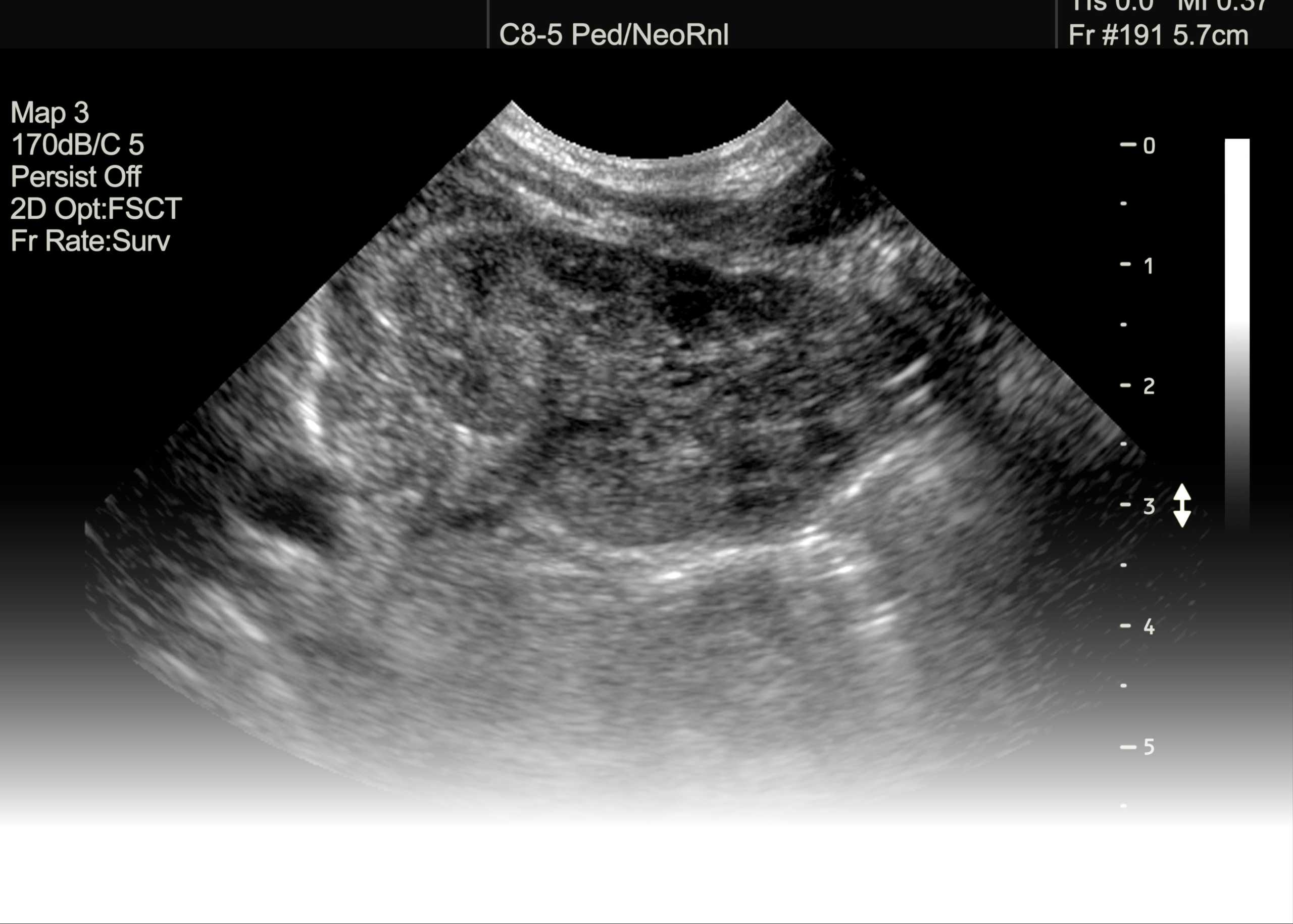When it comes to diagnostic imaging, sonography, or ultrasound imaging, is one of the most trusted and non-invasive methods available today. At Medeor Hospital, Abu Dhabi, we understand that medical procedures can be overwhelming, especially when you’re unsure about what to expect. This guide aims to help you understand everything you need to know about sonography tests — from how they work to why they’re important in modern medicine.
What is a Sonography Test
A sonography test, also known as an ultrasound scan, uses high-frequency sound waves to create live images of the inside of the body. Unlike X-rays or CT scans, sonography does not use radiation, making it a safer choice for many patients, including pregnant women.
These real-time images help doctors examine organs, tissues, and blood flow, providing crucial information to aid diagnosis, treatment planning, and ongoing health monitoring.
How Does a Sonography Test Work
Sonography works using a device called a transducer, which emits sound waves that bounce off internal structures in your body. These sound waves return to the transducer, and a computer converts them into visual images.
Here’s a step-by-step overview of how the process typically unfolds:
- Application of Gel: A water-based gel is applied to the skin over the area being examined. This helps conduct the sound waves and prevents air pockets.
- Movement of Transducer: The technician or radiologist moves the transducer across the skin, targeting specific areas of interest.
- Real-Time Imaging: The sound waves reflect back and are captured as live images on a monitor.
- Image Analysis: A radiologist interprets the images and provides a detailed report for your referring physician.
The procedure is usually painless, quick, and does not require recovery time
Common Types of Sonography Tests & Their Uses
Sonography is versatile and used in multiple medical fields. Here are some of the most common types and their applications:
1. Abdominal Ultrasound
Used to evaluate organs like the liver, gallbladder, pancreas, kidneys, and bladder.
2. Pelvic Ultrasound
Commonly used for diagnosing conditions in reproductive organs, such as the uterus and ovaries in women, and the prostate in men.
3. Obstetric Ultrasound
Monitors fetal development during pregnancy and checks for abnormalities.
4. Cardiac Ultrasound (Echocardiogram)
Examines the heart’s function, structure, and blood flow, often used in diagnosing heart diseases.
5. Doppler Ultrasound
Assesses blood flow in arteries and veins to detect clots, blockages, or narrowing of vessels.
6. Thyroid Ultrasound
Detects cysts, nodules, and other abnormalities in the thyroid gland.
7. Musculoskeletal Ultrasound
Used to evaluate joints, muscles, ligaments, and tendons for injuries or inflammation.
Preparing for Your Sonography Test
Preparation for a sonography test varies depending on the type of scan:
- Abdominal Ultrasound: Fasting for 6–8 hours is often required to reduce gas in the intestines and improve image clarity.
- Pelvic Ultrasound: A full bladder may be necessary for better visualization.
- Other types: Typically do not require special preparation.
Always follow the specific instructions provided by your healthcare provider or the Medeor Hospital team. Wear comfortable clothing and be prepared to possibly change into a gown depending on the area being examined.
Importance of Sonography in Modern Medicine
Sonography has become an essential tool in today’s medical landscape for several reasons:
- Non-Invasive & Painless: No needles, incisions, or radiation.
- Quick Diagnosis: Real-time imaging facilitates rapid clinical decisions.
- Versatility: Applicable across multiple medical specialties.
- Preventative Care: Helps in early detection of diseases and monitoring chronic conditions.
- Pregnancy Monitoring: Crucial for ensuring the health and development of the fetus.
At Medeor Hospital, Abu Dhabi, our expert radiologists and sonographers use advanced ultrasound technology to provide precise, high-quality imaging in a safe and caring environment.
Conclusion
Whether it’s your first sonography test or a follow-up scan, knowing what to expect can help ease your mind. At Medeor Hospital, we are committed to delivering compassionate care combined with cutting-edge technology to ensure your comfort and confidence every step of the way.
If you have any questions or would like to schedule a sonography appointment, contact our Radiology Department today.








